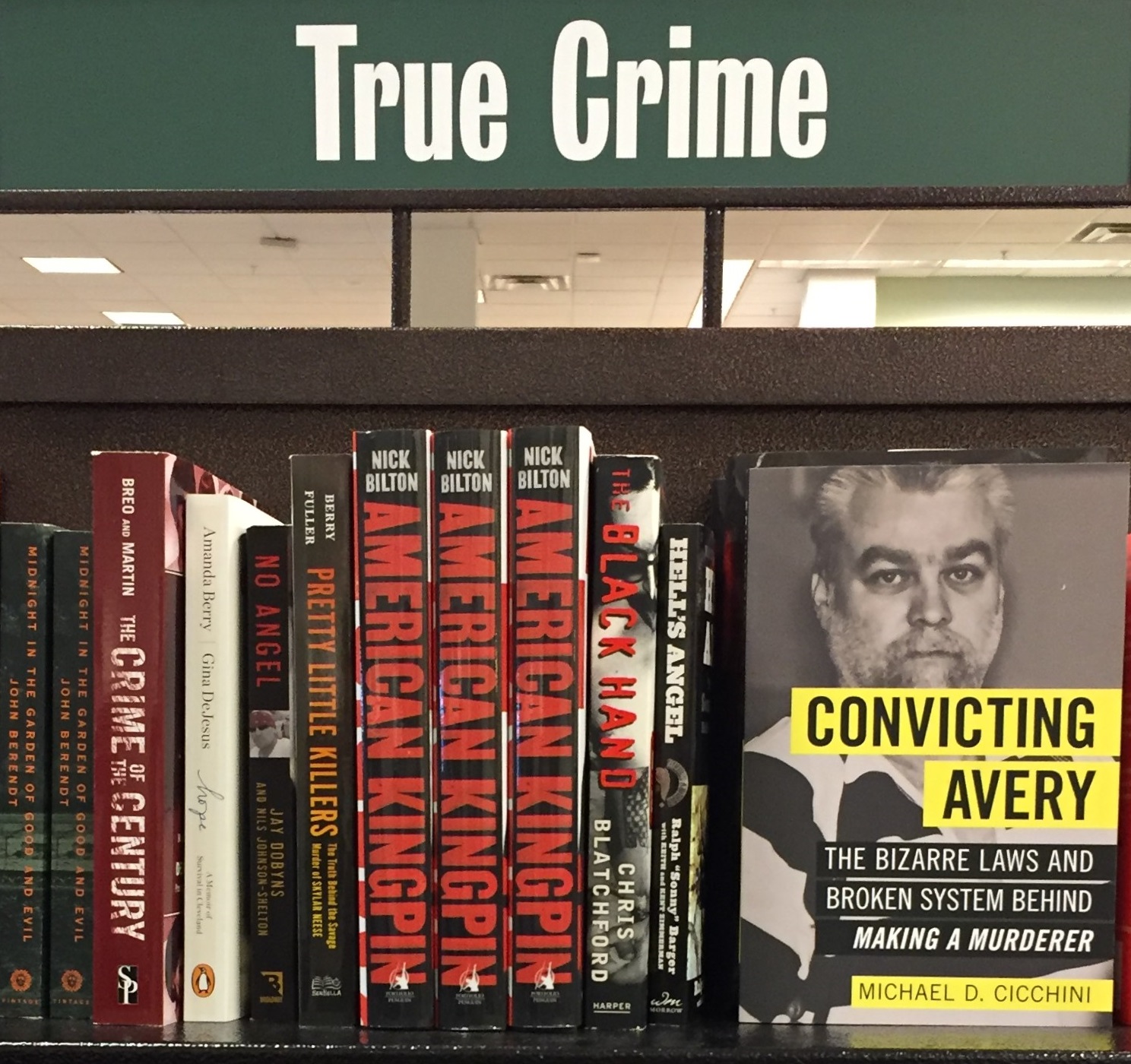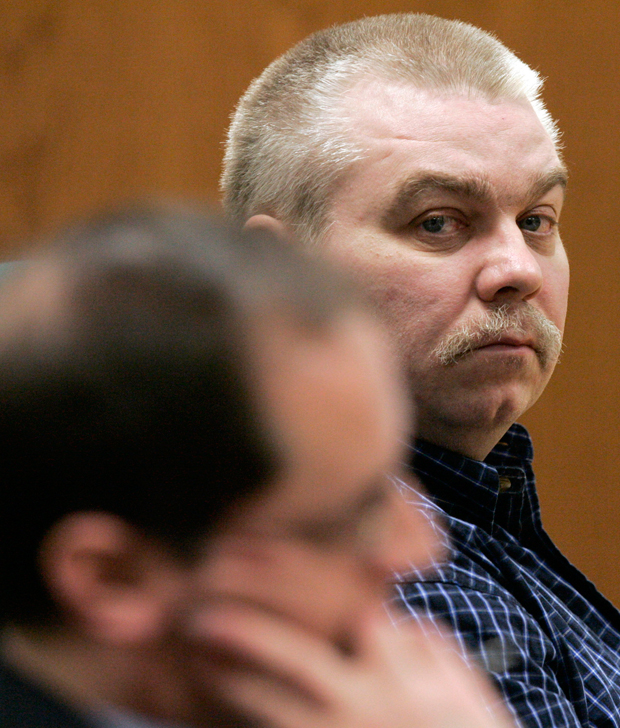CRITIC’S CORNER: Defense of jury instruction 140 falls flat
Wisconsin’s criminal jury instruction 140 describes the prosecutor’s burden of proof as “beyond a reasonable doubt.” However, it then contradicts itself by telling the jury “not to search for doubt” but instead “to search for the truth.”
CRITIC’S CORNER: ‘Mistakes were made’: A reply to Michael Griesbach
Wisconsin prosecutor Michael Griesbach recently wrote, “To be sure, mistakes were made in the Avery case.”
CRITIC’S CORNER: Critical omissions in ‘Making a Murderer’?
Whenever I write a motion or a brief on behalf of a client, it inevitably requires that I quote language from a published case, the criminal complaint, or some other document.
Anything you say (or don’t say) can be used against you
When confronted by the police, innocent suspects often want to talk in order to clear up things on the spot. But in many cases, the police will only hear what they want to hear, and will spin an innocent person’s denial into evidence of guilt.
CRITIC’S CORNER: Weird science in Wisconsin courts
Steven Avery was convicted of murder in 2007. At his trial, the state called numerous scientific experts to help seal his fate. Then, a few years later, Wisconsin adopted the stricter Daubert standard for the admissibility of expert testimony. Had this supposedly tougher standard been in effect earlier, how would it have affected Avery’s trial?
CRITIC’S CORNER: Law schools, lawyers, and dead philosophers
Many law schools have let their students down over the past decade.
CRITIC’S CORNER: Wisconsin courts as ‘superlegislatures’
Wisconsin courts have a long history of acting as a “superlegislature” and ignoring — and even contradicting — the Legislature’s words when doing so benefits the state.
CRITIC’S CORNER: Convicting Dassey: Five easy steps to a false confession
The trouble with torture as an interrogation tactic is that the suspect will say whatever the interrogator wants to hear — regardless of whether it’s true. Unfortunately, this problem also plagues today’s softer, more sophisticated interrogation tactics.
CRITIC’S CORNER: All ‘Riled’ Up: SCOW flops on ethics rule 1.9
In two previous columns I’ve discussed my rule 1.9 petition (written with my fellow attorney Terry Rose and supported by the attorneys Rob and Ellen Henak), in which I asked the Wisconsin Supreme Court to amend ethics rule 1.9.
CRITIC’S CORNER: The truth (about jury instruction 140) is out there
In my column from March, I wrote about Wisconsin’s criminal jury instruction 140. This instruction explains the notion of reasonable doubt, but then, strangely, concludes by telling jurors “not to search for doubt” when rendering their verdict but instead “to search for the truth.”
CRITIC’S CORNER: Convicting Avery (and overturning Denny)
The wildly popular Netflix documentary “Making a Murderer” chronicles the two convictions of Steven Avery. The bulk of the documentary concentrated on Avery’s second case — his trial for the murder of Teresa Halbach — in which there was a great deal of evidence that someone else, other than Avery, committed the crime.
Open letter to next State Bar president-elect: Lawyers should be allowed to discuss public aspects of closed cases
The next president of the Wisconsin State Bar, Paul Swanson, has promised to serve the organization's members in a variety of ways. I take him at his word, and am writing this open letter to suggest a starting point.
Legal News
- Wisconsin attorney loses law license, ordered to pay $16K fine
- Former Wisconsin police officer charged with 5 bestiality felony counts
- Judge reject’s Trump’s bid for a new trial in $83.3 million E. Jean Carroll defamation case
- Dozens of deaths reveal risks of injecting sedatives into people restrained by police
- The Latest: Supreme Court arguments conclude in Trump immunity case
- Net neutrality restored as FCC votes to regulate internet providers
- Wisconsin Attorney General asks Congress to expand reproductive health services
- Attorney General Kaul releases update at three-year anniversary of clergy and faith leader abuse initiative
- State Bar leaders remain deeply divided over special purpose trust
- Former Wisconsin college chancellor fired over porn career is fighting to keep his faculty post
- Pecker says he pledged to be Trump campaign’s ‘eyes and ears’ during 2016 race
- A conservative quest to limit diversity programs gains momentum in states
WLJ People
- Power 30 Personal Injury Attorneys – Russell Nicolet
- Power 30 Personal Injury Attorneys – Benjamin Nicolet
- Power 30 Personal Injury Attorneys – Dustin T. Woehl
- Power 30 Personal Injury Attorneys – Katherine Metzger
- Power 30 Personal Injury Attorneys – Joseph Ryan
- Power 30 Personal Injury Attorneys – James M. Ryan
- Power 30 Personal Injury Attorneys – Dana Wachs
- Power 30 Personal Injury Attorneys – Mark L. Thomsen
- Power 30 Personal Injury Attorneys – Matthew Lein
- Power 30 Personal Injury Attorneys – Jeffrey A. Pitman
- Power 30 Personal Injury Attorneys – William Pemberton
- Power 30 Personal Injury Attorneys – Howard S. Sicula




